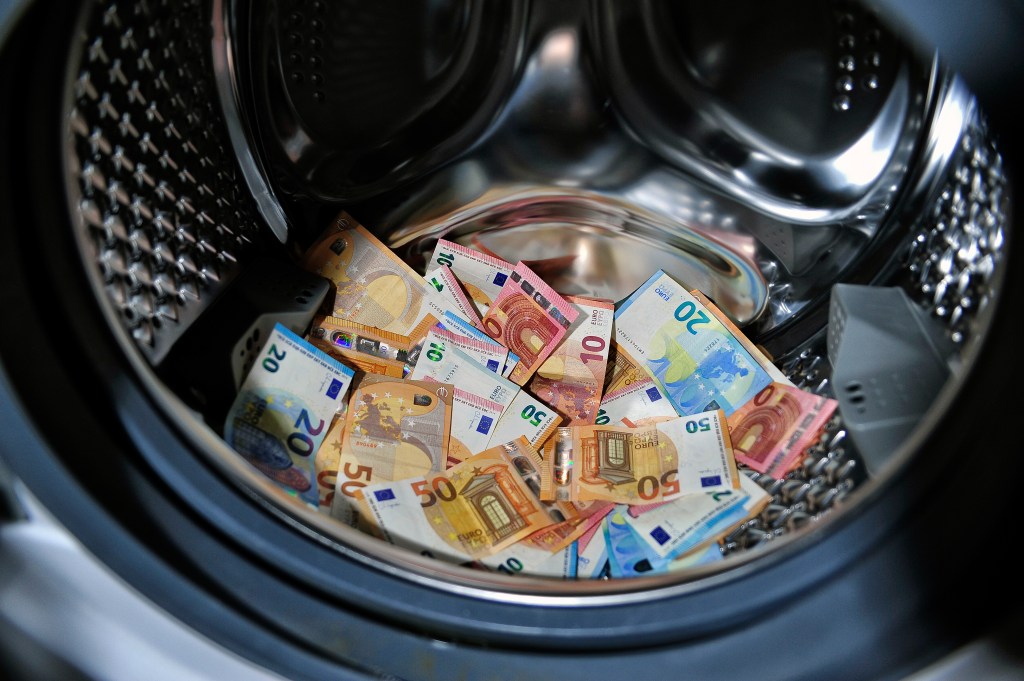The SEC has filed charges against three crypto financial services companies: ZM Quant, Gotbit and CLS Global, alleging that they manipulated crypto markets.
The DOJ also criminally charged those firms and their leaders, alongside a fourth firm, MyTrade. The DOJ also charged crypto developers and their companies who facilitated the manipulations and made false statements.
Cryptocurrency totalling $25m has been seized, and five participants have already agreed to plead guilty to the criminal charges.
The alleged fraud took the form of ostensible “market making” services, but the firms actually worked under contract with crypto developers to create the illusion that their tokens’ transaction volumes were booming.
According to the complaints, the firms were candid about their manipulation strategies, which they sold to clients in plain terms. The CEO of Gotbit even touted its illegal practices in a 2019 interview with Coindesk.
Awash with deceit
The agencies stated that the markets for the cryptocurrency were manipulated by “wash trading,” an illegal practice where a firm both buys and sells an asset to itself to simulate the existence of market activity, thus driving up prices and boosting investor confidence.
The wash trades represented up to 98% of the crypto projects’ total trading volume, the SEC stated.
This illicit strategy is distinguished from legitimate market making, where a firm creates liquidity for asset transactions by both buying and selling them to third parties, generating profits from the difference between buy and sell prices. Market makers are subject to rigorous reporting and registration requirements.
Howey test
The SEC is claiming jurisdiction over the case because the cryptocurrencies under scrutiny were so actively tied to promotion they the agency classed them as unregistered securities under the Howey test. This makes those tokens unlike bitcoin or ether, which are fully decentralized and therefore more akin to commodities.
Some of the schemes were uncovered when ZM Quant and CLS agreed to manipulate the price of a cryptocurrency created specifically by the FBI to expose the alleged fraudsters in its parallel criminal investigation.
The firms were relatively large players, with Gotbit holding over $1.5 billion in AUM. The biggest cryptocurrency wash traded by the platforms was Saitama, which once had a market valuation in the billions.
“We remain concerned about the ease with which the market for a crypto asset can be manipulated and are committed to rooting out instances of such misconduct when it involves securities,” said Jorge G Tenreiro, Acting Chief of the Division of Enforcement’s Crypto Asset and Cyber Unit (CACU).
Rule violations
For the wash trading and inaccurate statements, the SEC charged the scheme participants with violating:
- Sections 17(a)(1) and 17(a)(3) of the Securities Act of 1933, covering fraud.
- Sections 9(a)(2) and 10(b) of the Securities Exchange Act of 1934, covering manipulation of securities prices.
- Rules 10b-5(a) and (c) thereunder, covering the employment of manipulative and deceptive devices to defraud.
For engaging in wash trading, participants at the “market making” firms were criminally charged with wire fraud, conspiracy to commit market manipulation and wire fraud.
The market manipulation and wire fraud charges carry maximum sentences of 20 years in prison.


